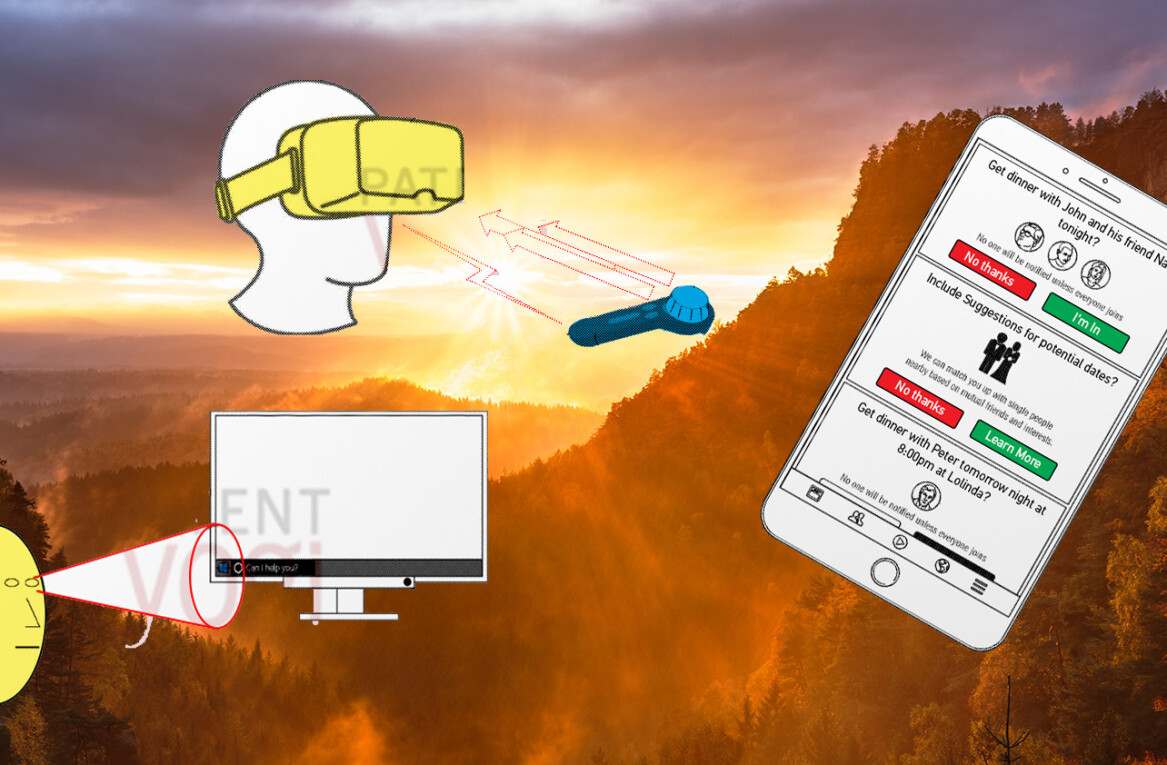
“Would you rather be smart, or kind?”
For most of us, this would be a difficult question to answer. Both characteristics are valued highly in our society. Which do you choose?
If you’re leaning toward smart, you’re not alone.
It’s easy to associate intelligence with wealth and success. Meanwhile, kindness and its cousin — empathy — is often associated with passivity and weakness, especially by self-proclaimed diehard business people. But are these associations valid? Must we really choose between the two?
The answer is no. Emotional intelligence results in higher salary and better job performance, that’s why you need to know what it is and how to improve it.
Although intelligence is important, it’s not worth much in the workplace until paired with reliability, honesty, and friendliness. It wasn’t lost on me in a 2007 Berkshire Hathaway meeting in Omaha that the legendary Charlie Munger responded succinctly with: “Be reliable,” in response to the question: “What advice to do you have for any twenty year old?” (The curious attendee promptly sat down.)
It might seem weird to think about, but you can educate your personality in much the same way as you educate your mind. Kindness may seem like an innate quality, but it can be developed and improved as you learn emotional intelligence.
What is emotional intelligence, anyway?
In 1990, two psychologists, Peter Salovey and Jack Mayer, outlined a set of social characteristics that they called emotional intelligence. They defined their findings as “a form of social intelligence that involves the ability to monitor one’s own and others’ feelings and emotions, to discriminate among them and to use this information to guide one’s thinking and action.”
Shortly after they defined the topic, other individuals began to get excited about the concept.
Daniel Goleman, a science writer for the New York Times, learned about Salovey and Mayer’s research and began to study emotional intelligence himself — eventually developing a four-part definition of the term.
Goleman argued that emotional intelligence was comprised of four characteristics:
- Self-awareness
- Self-management
- Social awareness
- Social skills
In addition to describing emotional intelligence in this way, he also argued that to succeed in business, emotional intelligence is actually more important than cognitive intelligence.
As you can imagine, this got people talking.
Fortunately for Goleman, his claim was — and is — supported by research. People with high levels of emotional intelligence earn an average of $29,000 more annually than those with less emotional intelligence. That’s 29,000 good reasons to work on your emotional intelligence.
Furthermore, research has shown that emotional intelligence is the single strongest predictor of job performance overall. Your success likely depends more on how you feel than what you know.
Self-awareness
Emotional intelligence isn’t a difficult concept to grasp. But how do you develop it?
The first part of emotional intelligence — self-awareness — involves being familiar with your emotions. It sounds crazy, but chances are, most of the time, you aren’t exactly sure how you feel.
Being aware of your emotions means knowing how you feel all the time. Knowing when you’re happy and sad. Knowing how you feel about certain people and situations. Taking the time to get to know your emotions.
Modern life is so crazy that it’s hard to find time to think — let alone feel. You need to step back to become mindful of your emotions. You can’t act on them if you don’t know what they are.
Self-management
If the thought of being self-aware sounds exhausting to you I do have bad news. Self awareness is what “flag-bearer-of-entrepreneurship” Gary Vaynerchuk, regularly mentions as the one thing he wishes he could teach young entrepreneurs.
It’s not enough to just be aware of your emotions, you need to know how to control them. People who are intellectually brilliant and physically strong are regularly overpowered by their emotions.
It’s obviously the work of a lifetime, but learn how to control your temper and your ego. Be able to take a snub without retaliation. Practice delaying gratification. Your practice will pay big dividends when it comes time to negotiate a raise or deal with a difficult boss.
Social awareness
As individuals increase their understanding and regulation of their emotions, a funny thing happens: They become more in tune with the emotions of others.
This phenomenon used to be viewed as a simple natural response, but it can be broken down into three competencies.
- People that are socially aware are empathetic — not to be confused with sympathetic or compassionate. In addition to recognizing the feelings of others, empathetic people share these emotions. In other words, they understand and relate to the emotions of others.
- They are organizationally aware. In business, people who understand how the politics and structure of an organization affect the employees there are organizationally aware.
- Lastly, social awareness is associated with service. Simply understanding the needs of others is not enough — you must meet their needs, too.
Relationship management
This part of emotional intelligence revolves around the ability to connect with others to help them feel understood and supported. Like the other aspects of emotional intelligence, relationship management has positive outcomes — like the ability to manage personal and interpersonal change.
When we are in touch with others, we’re more able to help them and give them practical advice. To repeat an apt cliché: People don’t care how much you know until they know how much you care.
How do I improve my emotional intelligence?
Great leaders prioritize emotional intelligence — 90 percent of top performers are considered highly emotionally intelligent — but how do they find the time to improve their skills in addition to everything else they do?
They emphasize three critical areas:
- Self-awareness
- Management of intrapersonal and interpersonal emotions
- Gratitude
The first step to improving your emotional intelligence is increasing your self-awareness. Although there are a few ways to do this, mindful meditation is quickly proving itself as one of the most effective.
In addition to increasing one’s self-awareness, mindful meditation allows individuals to extrapolate their internal discoveries and emotional regulation techniques to others — improving their intrapersonal and interpersonal management skills at the same time.
Finally, emotionally intelligent people practice gratitude, a concept SheWorx’s Lisa Wang encapsulated as “enoughness.” Instead of simply remembering employees’ names or thanking them for their contributions once a year at the annual holiday party, the top managers learn more about their constituents and show genuine appreciation on an ongoing basis.
What’s in it for me?
For all you data geeks out there, the stats on emotional intelligence are tantalizing.
According to CareerBuilder, 71 percent of hiring managers reported that emotional intelligence was more important than IQ when it came to their hiring and promoting decisions.
Moreover, 59 percent of managers said that they wouldn’t hire someone with low emotional intelligence — even if they had a high IQ.
In another study, surgeons spent an additional three minutes making orienting comments, using reassuring language, and conveying empathy while working with patients. They were significantly less likely to be sued for malpractice than their counterparts.
What will you prioritize?
Again, I pose the question: “Would you rather be smart or kind?” Kindness — and more specifically emotional intelligence — helps people and their communities save time and stress, solve problems, and experience more happiness.
You don’t have to choose between being smart and kind. It turns out that the smartest thing you can do for your career is develop emotional intelligence.
Get the TNW newsletter
Get the most important tech news in your inbox each week.




